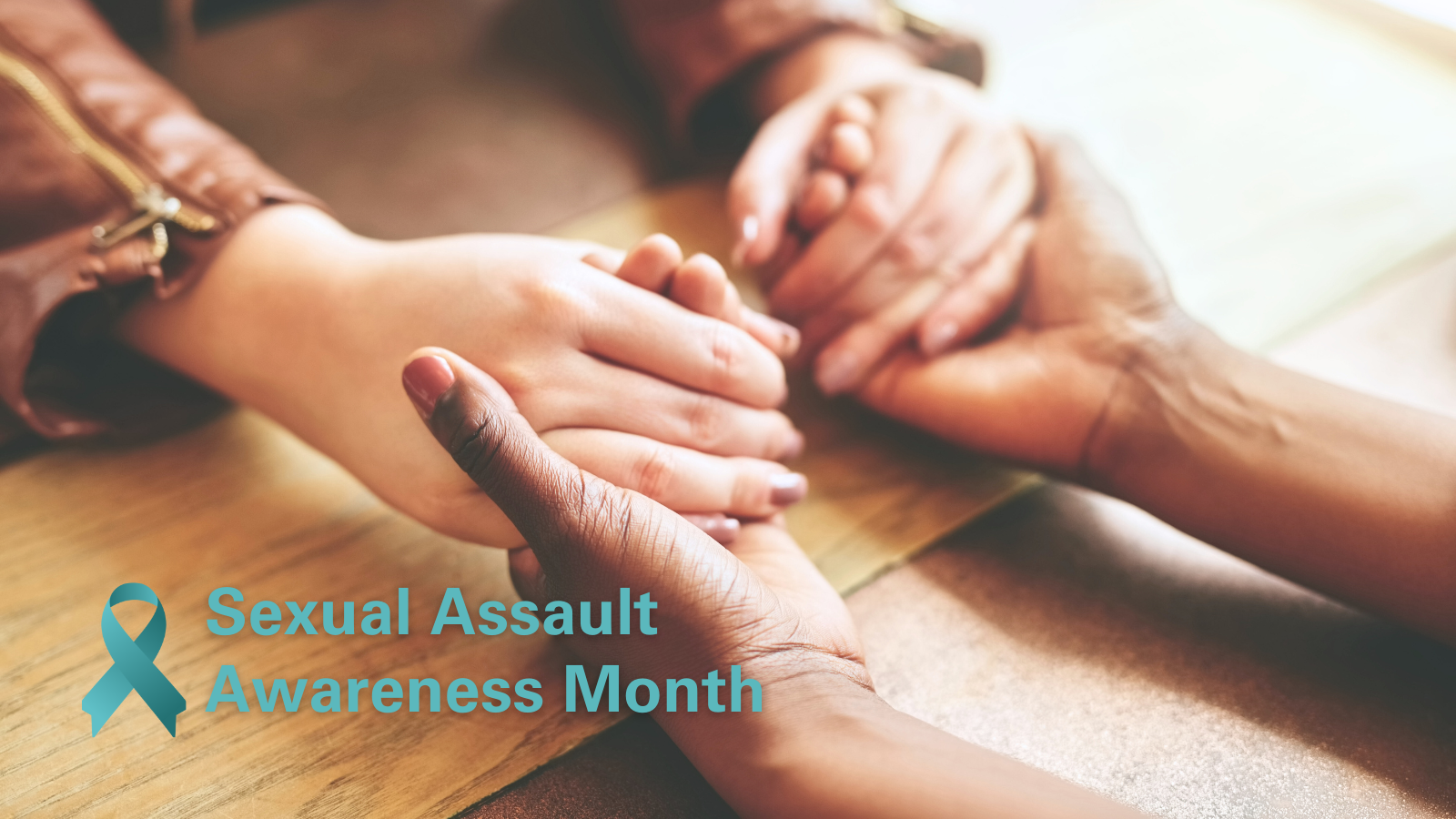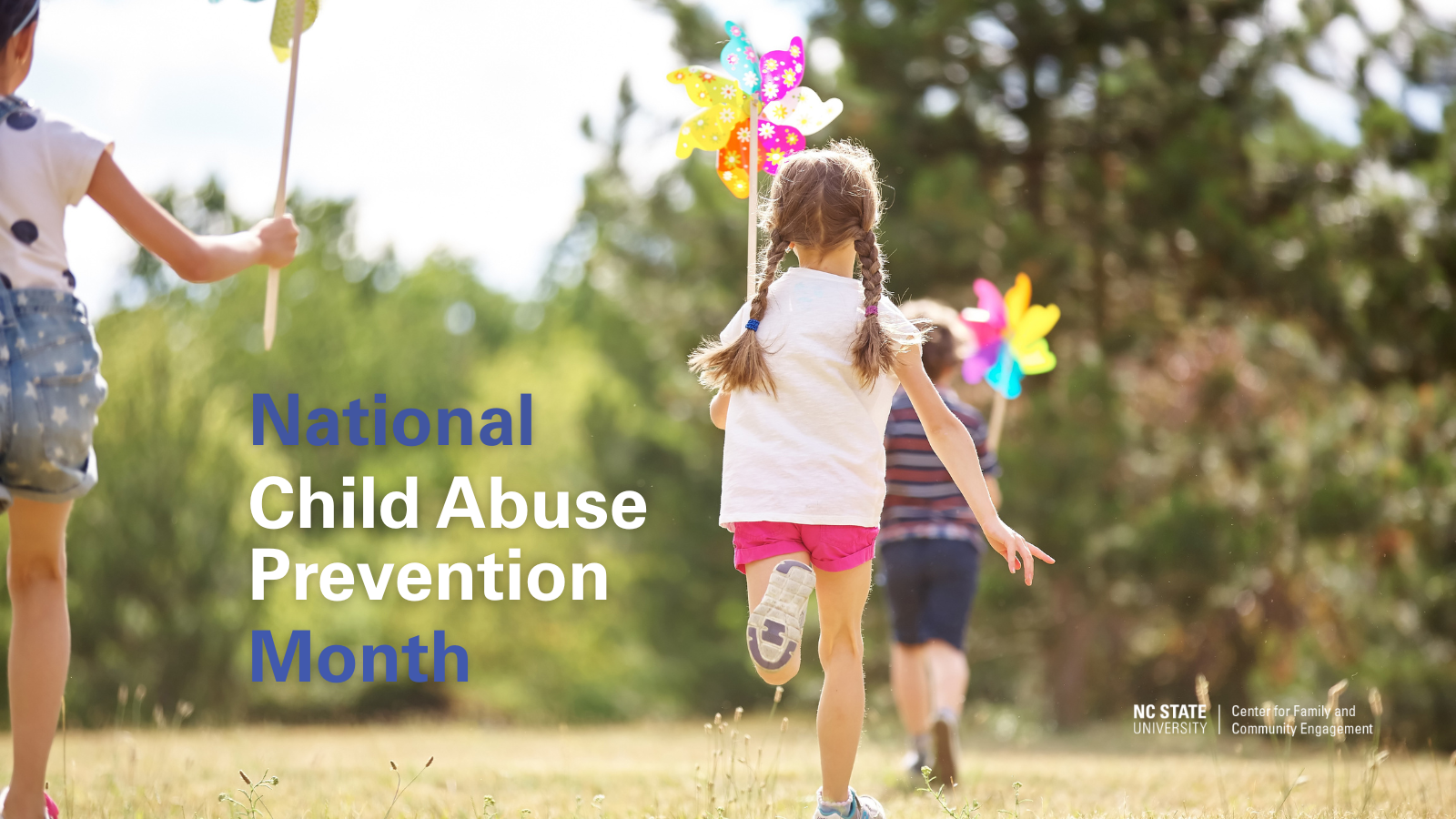Moving from Parent Partner to Family Partner in California
by Joan Pennell
The University of California at Berkeley invited our Center Director, Dr. Joan Pennell, to deliver the keynote address at the 2nd Statewide Leadership Convening of Child Welfare/Mental Health Learning Collaborative. The aim of the annual conference is to strengthen a system of care that wraps services and supports around children and youth with behavioral health issues and their families. This conference, held August 21, 2014 in Sacramento, included 200 leaders from child welfare, mental health, and youth and family advocacy organizations.
Because of North Carolina’s strong commitment to applying child and family teams (CFTs) across systems, Dr. Pennell was asked to speak about this strategy for widening the circle of caring connections. Based on research findings, her presentation addressed the questions:
- What supports and what hinders CFTs?
- How do CFTs help? and
- Why do CFTs work?
Her talk highlighted the importance of tapping into family strengths and cultural practices; attending to trauma experienced by families and their communities; structuring meetings to be inclusive, safe, and effective; and building supportive community and agency collaboratives. Pivotal to these collaboratives, she emphasized, are family and youth partners.
Family and youth partner contributions ground practice, policy, and training in lived experience. Staying by family members, family and youth partners raise family members’ comfort level during the meetings. The enhanced planning process encourages workers to continue to involve family and youth partners. Particularly influential at the Statewide Convening was a quotation from Ms. Elizabeth “Libby” Jones, Family Support Director at North Carolina Families United: “Counties are more open to family partners when [they] see it in action.” These words led to an immediate shift in terminology at the Statewide Convening with participants now replacing “parent partner” with the more inclusive “family partner.”
- Categories:


